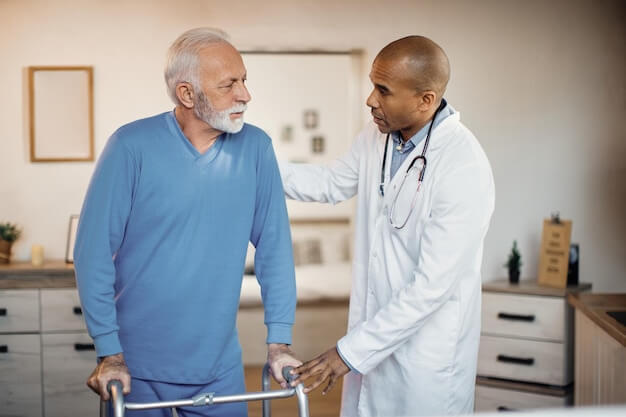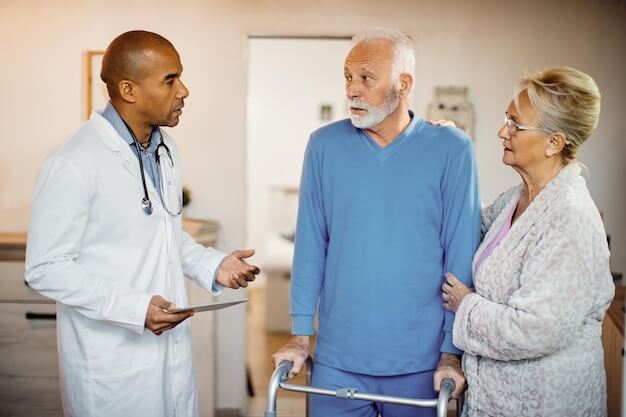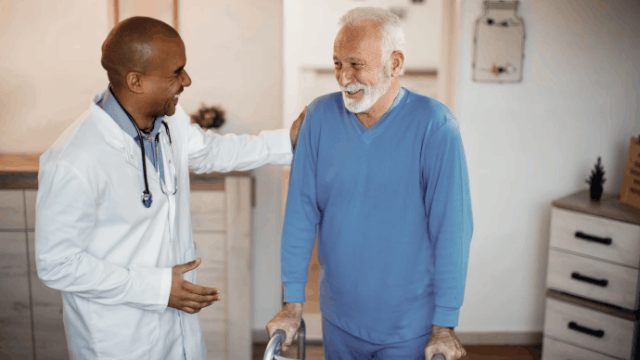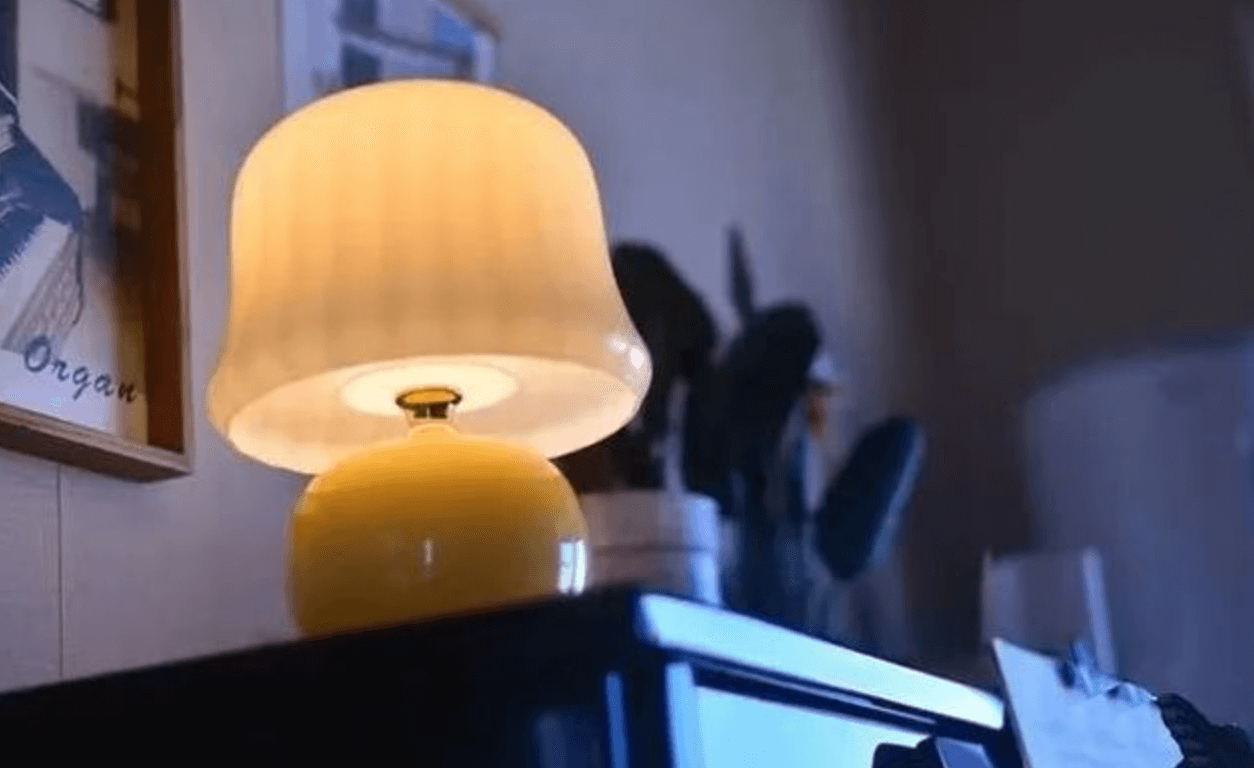Senile syndrome is a syndrome unique to the elderly and caused by multiple factors; Senility, disease and environmental factors can lead to the decline of functions of the elderly. From disease prevention, acute disease treatment, chronic disease management to functional maintenance, all are the work contents of geriatrics department.
For the diseases and health problems of the elderly, the geriatric experts suggested that "our goal is not to cure a disease, but to maintain the functional state of the elderly, support their home-based care, and improve the quality of life of the elderly and their families."

What to do if the old man always coughs
Why does the old man always cough? It is generally related to the decline of muscle function. Choking cough is a manifestation of dysphagia, which is mostly related to aging, weakness, poor coordination of oropharyngeal muscles, and other factors. Moderate disease factors in stroke can also cause dysphagia.
Prevention of sarcopenia and maintenance of pharyngeal muscle function are effective prevention methods. After swallowing function declines, it is recommended to take rehabilitation exercise under the guidance of a doctor as soon as possible.
Thickener (such as adjusting water to the texture of rice soup) can be used in daily life, and food with uneven substance structure (both liquid and solid in the bowl, such as fermented glutinous rice balls), food with residue (such as mung bean cake), broken or ground drugs can not be used.
It should be noted that inhalation pneumonia can be caused by coughing and aspiration. Some elderly people have atypical symptoms. If they often have low fever of unknown cause or have confusion of consciousness, they need to seek medical advice in time.

What to do if it is easy to fall
If the elderly have gait abnormalities such as widened stride, swaying walking, sidetracking, or balance abnormalities such as being unable to "stand in series" (with one foot pointed against the other heel), being easy to lean back when touching lightly, or falling within one year, they should seek medical advice as soon as possible.
The elderly are prone to fall. In addition to internal causes, about 70% of falls are related to environmental factors. It is suggested that the elderly's housing should be renovated to adapt to the aging environment, such as preparing night lights, installing handrails in wet and slippery environments, not using small carpets, and removing scattered wires on the ground. Within one week of the elderly changing their environment, the risk of falling is relatively high, such as hospitalization, tourism, etc., which requires more attention.
In addition, pet running, postural hypotension, poor eyesight, taking sleeping pills and other factors are also easy to cause falls. Therefore, it is recommended to conduct a comprehensive assessment of the elderly, conduct regular drug restructuring, and remove unnecessary or potential drugs that may cause falls under the guidance of doctors.

Is general constipation normal
The elderly suffer from decreased thirst and lack of water in hot, dry and other environments, which can lead to increased absorption of water in the colon and hard stool. Constipation in the elderly is generally related to aging, slow gastrointestinal peristalsis, insufficient dietary fiber, and insufficient drinking water.
Therefore, the elderly do not have to worry about not defecating for two days. Generally, they do not need to be nervous if they do not defecate. Compared with the reduction of stool frequency, older people complain that defecation is laborious and time-consuming, which is related to the decline of pelvic floor muscle function, or the rectal anal function is not coordinated, so the defecation mode can be adjusted. For example, a footstool can be padded when sitting stool, so that the body is in a semi squatting position, which is more conducive to defecation.
In addition, the elderly should avoid the abuse of laxatives. Because the use of irritant laxatives will damage the intestinal bacterial barrier, resulting in loose stool and incomplete defecation. No defecation may occur 2 to 3 days after the laxative is stopped. The elderly may worry about taking laxative again, which is easy to form a vicious circle.

What to do with poor hearing and vision
Hearing and vision are very important for maintaining the internal ability of the elderly. Many elderly people will have blurred eyes and hearing loss when they are about 50 years old, making them feel depressed.
Poor hearing of the elderly can lead to social alienation and depression, and because of lack of information stimulation, they are more prone to dementia. About 75% of the elderly have hearing loss, and they often cannot hear high frequency sounds clearly. It is recommended to lower the voice when talking with them, and the bytes are clear, so that the elderly can see the mouth shape.
If the hearing loss is serious, it is recommended to go to the otorhinolaryngology department for hearing test, and consult the doctor to wear bilateral hearing aids.
Poor eyesight will affect independent living and going out. If presbyopia (presbyopia) occurs in the elderly, their vision should be checked regularly every year, and optometry and glasses should be provided according to their personal conditions to protect their vision; If cataract occurs, consult an ophthalmologist for surgical treatment.

Geriatrics
At present, the specialized departments of the hospital are too detailed, and there is no appropriate department for the elderly patients who are old, weak and lack of specific disease performance.
The geriatric department gives consideration to the treatment of multi specialty diseases, the diagnosis and treatment of geriatric syndrome and the maintenance of functions, which greatly reduces repeated examinations and multiple drugs.
For the elderly who are old, have multiple diseases, become weak, and begin to decline their activities of daily living, through the comprehensive assessment of the elderly, we can find out and solve multiple reversible problems, which can help the elderly to go home and live as soon as possible.

The treatment time is not the longer the better
Due to the restrictions on food and drink during hospitalization inspection, poor sleep after changing the environment, and the restrictions on getting out of bed by infusion tubes, urine tubes and other pipelines, the elderly will suffer from functional decline, muscle loss and even falls if they are hospitalized for a long time.
In the elderly inpatients with acute diseases, about half of them could not recover their functions before discharge. It is recommended that elderly patients leave the hospital as soon as possible after their condition is stable, and follow up regularly after discharge.
In daily life, the elderly should keep a variety of chronic diseases stable and avoid acute exacerbation. The key is to maintain their internal ability (including physical and mental strength), go out of the community and do what they want to do. They have good cognitive function and are not depressed. Their vision and hearing can cooperate with daily life activities.
Popular Articles
-
What are the famous meteor showers

Photos
-
 Bought a few of the best value home goodies, piece by piece senior quality!
Bought a few of the best value home goodies, piece by piece senior quality!Nov 21, 2024
-
 I thought that the 4 kinds of home goodies in vain, used to know how thoughtful, too much love
I thought that the 4 kinds of home goodies in vain, used to know how thoughtful, too much loveNov 21, 2024
-
 Want to exercise more easily? You should do this
Want to exercise more easily? You should do thisNov 21, 2024
-
 Fitness Equipment | How to choose a suitable for their own yoga mat?
Fitness Equipment | How to choose a suitable for their own yoga mat?Nov 21, 2024
-
 4 reasons to understand the benefits of leg training, 6 moves to help you strengthen your lower limbs and accelerate fat burning
4 reasons to understand the benefits of leg training, 6 moves to help you strengthen your lower limbs and accelerate fat burningNov 21, 2024







Comments
0